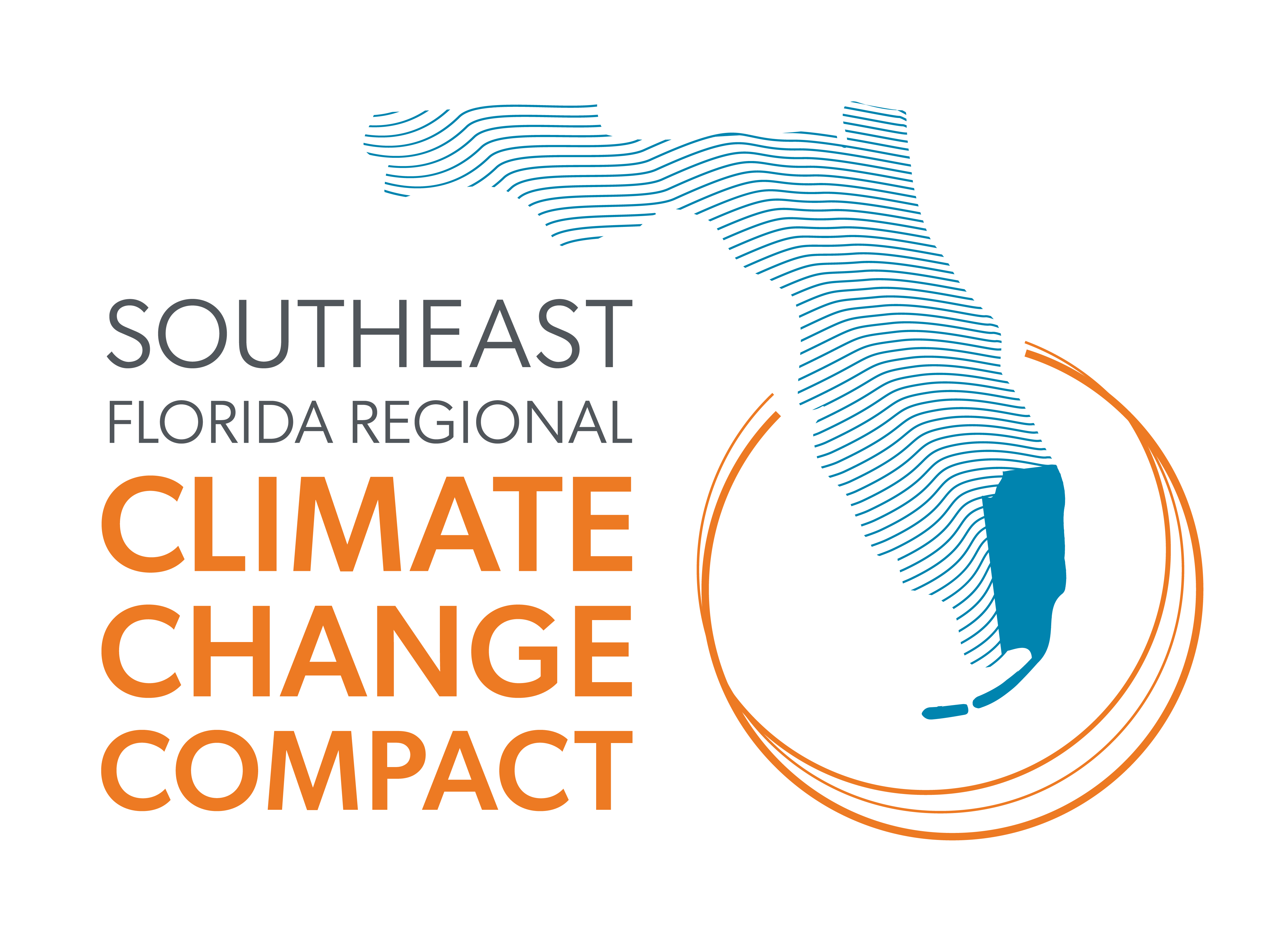Support — at all levels of government — policy, legislation and funding to reduce greenhouse gas emissions to net zero by 2050 in all sectors, use less energy and water, deploy renewable energy and low-carbon transportation, prepare for and adapt to climate impacts, and build community resilience while incorporating principles of equity and best available science in decision-making.
STRATEGIES
PP-1.1 Integrate the Regional Climate Action Plan (RCAP) objectives in all planning and policies developed by local governments and agencies. Focus efforts on specific recommendations that require a policy or policy process change.
IMPLEMENTER: Southeast Florida Regional Climate Change Compact, local governments, regional agencies
PP-1.2 Advocate for state and federal policy changes and funding that aid local climate work, as outlined in RCAP recommendations. Coordinate and develop regional advocacy through the Compact Policy Knowledge Exchange.
IMPLEMENTER: Southeast Florida Regional Climate Change Compact, local governments, regional agencies
